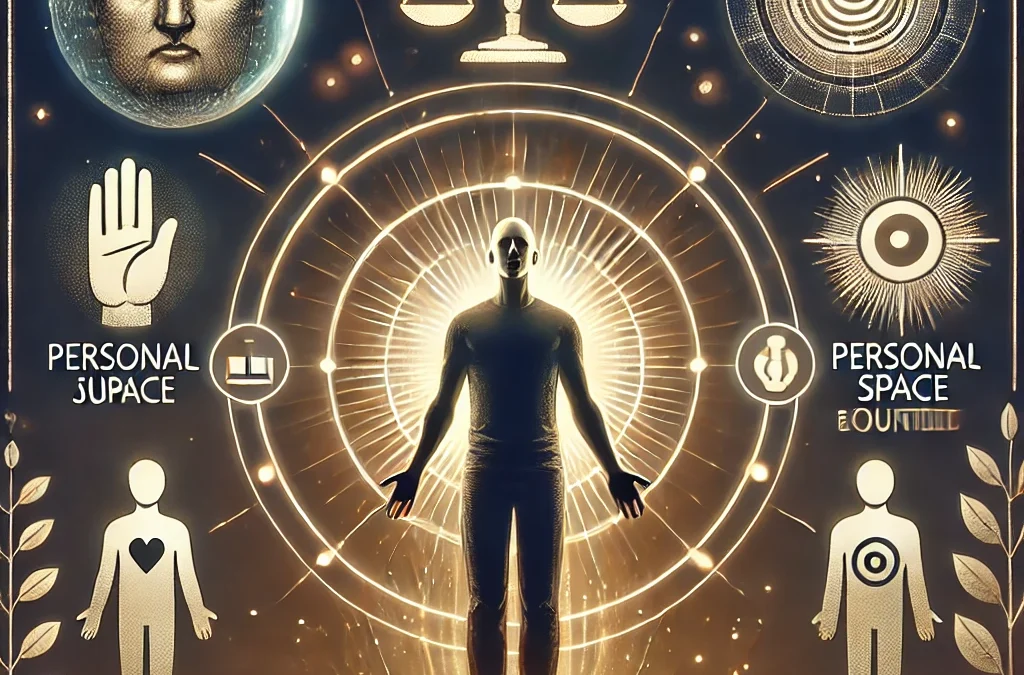When Is It OK to Get Angry?
Anger is a natural and healthy emotion when it’s experienced and expressed in constructive ways. Here are situations when it’s okay to get angry, provided you manage it well and use it as a tool for positive change:
1. When There’s Injustice or Unfair Treatment
- Why It’s Okay: Anger is often a response to witnessing or experiencing injustice, discrimination, or unfair treatment. It can motivate you to stand up for yourself or others and take action to correct the wrongs.
- Example: If you see someone being treated unfairly at work, anger can drive you to speak up or advocate for change.
Constructive Approach: Channel your anger into assertive communication or activism, advocating for fairness in a calm and reasoned manner.
2. When Your Boundaries Are Violated
- Why It’s Okay: Anger can be a signal that your personal boundaries have been crossed, whether it’s emotional, physical, or professional. This type of anger encourages you to protect your well-being and assert your limits.
- Example: If someone repeatedly disrespects your boundaries, anger may prompt you to set clearer limits and stand firm.
Constructive Approach: Use anger to assert your boundaries calmly and assertively, without aggression.
3. When You Witness Harm to Others
- Why It’s Okay: Feeling anger when someone is being harmed—physically, emotionally, or socially—is a natural reaction. This type of anger can lead to protective actions and advocacy for those who need help.
- Example: If you witness bullying or abuse, anger may drive you to intervene, support the victim, or report the behavior.
Constructive Approach: Turn your anger into protective, thoughtful action to help others in a safe and appropriate way.
4. When You’re Being Disrespected
- Why It’s Okay: Anger can arise when you feel disrespected or belittled, which is your mind’s way of signaling that your sense of self-worth is being threatened. It can motivate you to demand the respect you deserve.
- Example: If a colleague dismisses your ideas or undermines your work, your anger can be a tool to have a constructive conversation about respect and professionalism.
Constructive Approach: Use anger to calmly express how you feel and set the expectation for respect in your interactions.
5. When You’re Motivated to Create Positive Change
- Why It’s Okay: Anger can be a powerful motivator to change something about your life or your environment that is causing frustration. It pushes you out of complacency and into action.
- Example: If you’re angry about a recurring issue in your personal or professional life, such as being overlooked for promotions or feeling stuck in a rut, that anger can motivate you to make a change, set goals, and improve your situation.
Constructive Approach: Channel your anger into constructive actions, like setting new goals, addressing long-standing problems, or advocating for personal improvement.
Key Consideration: How You Manage Your Anger Matters
It’s okay to feel anger, but how you express and manage it determines whether it becomes a positive force or leads to destructive outcomes. Learning to recognize when anger is justified, and finding healthy ways to channel it, ensures that you use it as a tool for positive change rather than letting it control you.
Final Thought:
“Anger is like fire; it can be a useful tool, but if left unchecked, it can burn out of control.” It’s okay to get angry as long as it leads to positive, constructive outcomes and doesn’t harm you or others.



